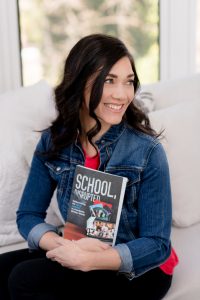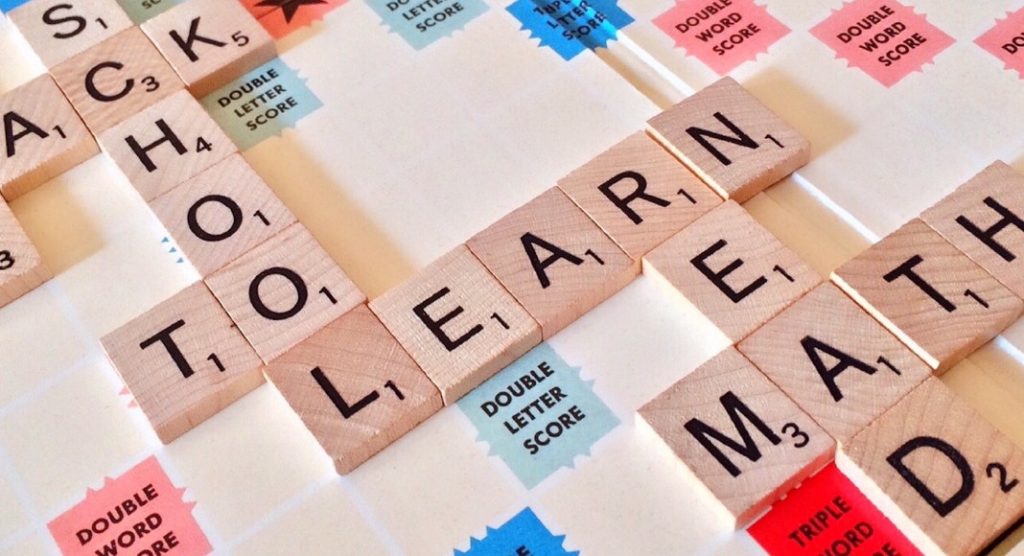I think it is fair to say that our education system as we knew it is no longer good enough. Many researchers and educators have been saying this for years, but it has taken a pandemic for more eyes to be open to what is possible.
I ta lked with Emily Greene, author of School, Disrupted: Rediscovering the Joy of Learning in a Pandemic-Stricken World, about what has changed for parents, schools and more importantly for our children when we think about “school.” In its most simplistic form, what has changed is our perspective.
lked with Emily Greene, author of School, Disrupted: Rediscovering the Joy of Learning in a Pandemic-Stricken World, about what has changed for parents, schools and more importantly for our children when we think about “school.” In its most simplistic form, what has changed is our perspective.
As distance learning was happening in our homes, parents had a different perspective of their child’s “classroom.” In some instances, parents were immersed in the classroom themselves as they sat across the dining room table from their children. According to Emily, what became more apparent was what children were not learning in class and that has sparked a true movement toward micro-learning; bite sized experiences that parents sought to enrich and supplement their child’s education.
For schools systems, their perspectives changed by “unlearning” and “relearning” how to teach their student body from outside the walls of the buildings. As school systems continued to change, the teachers became impatient and were adapting much faster. Emily says teachers realized they were more agile and were willing to try new things to help their learners. Teachers began seeking out virtual experiences for their students (virtual field trips) and new technologies to create connections with their classes.
Our children’s perspective changed when they had to fill up free time. They became more curious and according to Emily, they switched from consumers to creators. Children used social media to show off what they were creating; some becoming young entrepreneurs and activists in their own rights.
In Emily’s book, you’ll read more about what she calls the 7 wonders of learning, which truly is a natural progression of how our education system needs to change in order to benefit our children. You’ll also read more about how learning pods, microlearning and homeschooling will all have an effect on the future education landscape.
I did specifically ask Emily about what parents can do to advocate for these effective changes, no matter the educational setting their child is in. She told me we really need to teach our children to be curious, creative and joyful in our own learning in order to create children who are more resilient and able to thrive in any educational setting. As parents, we must also continue to voice to educators that we have raised our expectations and that these creative, new ways of learning should be a part of our schools moving forward.















